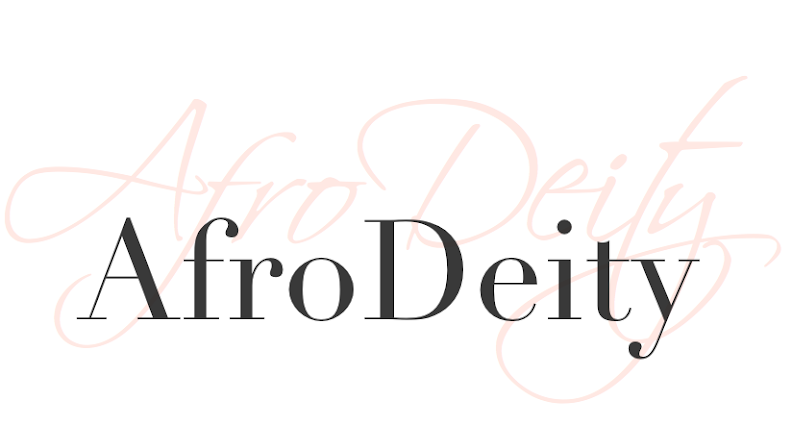We were appalled and disgusted to hear about how a girls school in London teaches students about the slave trade in history class. The method employed was to get the students to imagine they were slave traders and write a business proposal as to how they would catch and imprison slaves. The entire exercise seemed to trivialise the atrocities of the slave trade, only seeing the slave trade from an economic perspective and through european eyes. This story has another side.
The slave trade was not just some form of imprisonment of African peoples without pay. This entire event in human history instilled a sense inferiority in an entire race that still exists to this day. It can still be felt today in every part of British society, from television ads and football to the corporate boardrooms and the language we use. The head teachers comment that the exercise showed a lack of empathy to another's culture also shows a level of ignorance. Were they only acting because one child in that school was offended? The effects of the slave trade affects us all black and white in ways we might not even recognise and it is not just a part of African and Caribbean history but British history too.
Children should not just be taught about the economic effects of the slave trade on Britain but its cultural and social effects too.
Although slavery has existed in many forms and can be traced back as far as 1760 BC. The African Slave Trade was system of capturing African slaves and transporting them in appalling conditions to the 'New World'. It is not just that the slaves were forced to work for their masters without pay, these slaves were also stripped if their names, their religion and their language. They were not allowed to congregate and had to learn the language and customs of their masters. They were thought of as property to do with as their owner pleased, lower down the list than their master's horses or cattle. As these restrictions were imposed on the slaves it was necessary to justify this enslavement to the white population who had to be convinced that slavery was a necessary evil, that the slaves needed help to be civilised, because they were inferior.
Even the simple matter of how I wear my hair each day is affected by the atrocities of the slave trade. Our general hair type is thought to be inferior and that we should go to so much effort to change the appearance of the hair that grows out of our heads just shows how much this affects us today. Psychological slavery still holds us back. We still believe that natural hair is not appropriate fot the work place and in some instances we are even discriminated against for the way we wear our hair by both black and white people. Young black people should not have to change their physical appearance and even their names just to show that they are just as capable as their white counterparts.
As a British black woman with young black children this article really struck a cord with me.
This ignorance stems from this topic having never been taught properly in schools in the UK. All races of children should understand this period in human history, its effects and the reasons for its beginning and end as much as they would learn about the Second World War. It is as much a part of British history as it is a part of African or Caribbean history.
It would have been better served for the class to imagine themselves as slaves. Seeing the ocean for the first time, being loaded onto ships, no way to return to your family. Your name, language and religion taken away and abhorrent punishments imposed if you did not comply.
This article was posted in the London Evening Standard - Please Read
A school was today forced to issue an apology for a history lesson in which pupils were asked to imagine they were slave traders.The students aged 13 and 14 were shown manacles, a whip, thumb screws and iron brands and asked to come up with a business proposal for how they would capture and imprison slaves in Africa. One part of the lesson pointed out positive aspects of slavery, such as “having an affair with a beautiful African slave girl”. The headteacher at Queen Elizabeth’s Girls’ School in Barnet said the lesson material has since been withdrawn and apologised on behalf of her staff for being “patronising” and for the “trivialisation” of slavery. A girl of African heritage complained to her mother, who contacted Pan African human rights group Ligali, which put in a formal complaint to the school. Kate Webster said: “I am satisfied it wasn’t a deliberate attempt to humiliate or denigrate in any way but it did demonstrate a lack of empathy for people’s heritage.” She said the child who raised the issue had “expressed concern and distress”. School governors were informed and “appropriate steps” had been taken in relation to possible disciplinary action against the staff member who devised the presentation. Part of the presentation had been used by other teachers since September 2010, but Mrs Webster said she only became aware of it last month after the complaint was made.
Ligali’s Toyin Agbetu described various elements of the material as “morally repugnant, insensitive and disrespectful”.
Sources
http://en.wikipedia.org/wiki/Slave_trade
http://www.standard.co.uk/news/education/queen-elizabeths-girls-school-says-sorry-for-morally-repugnant-slavery-lesson-8368279.html

No comments
Post a Comment